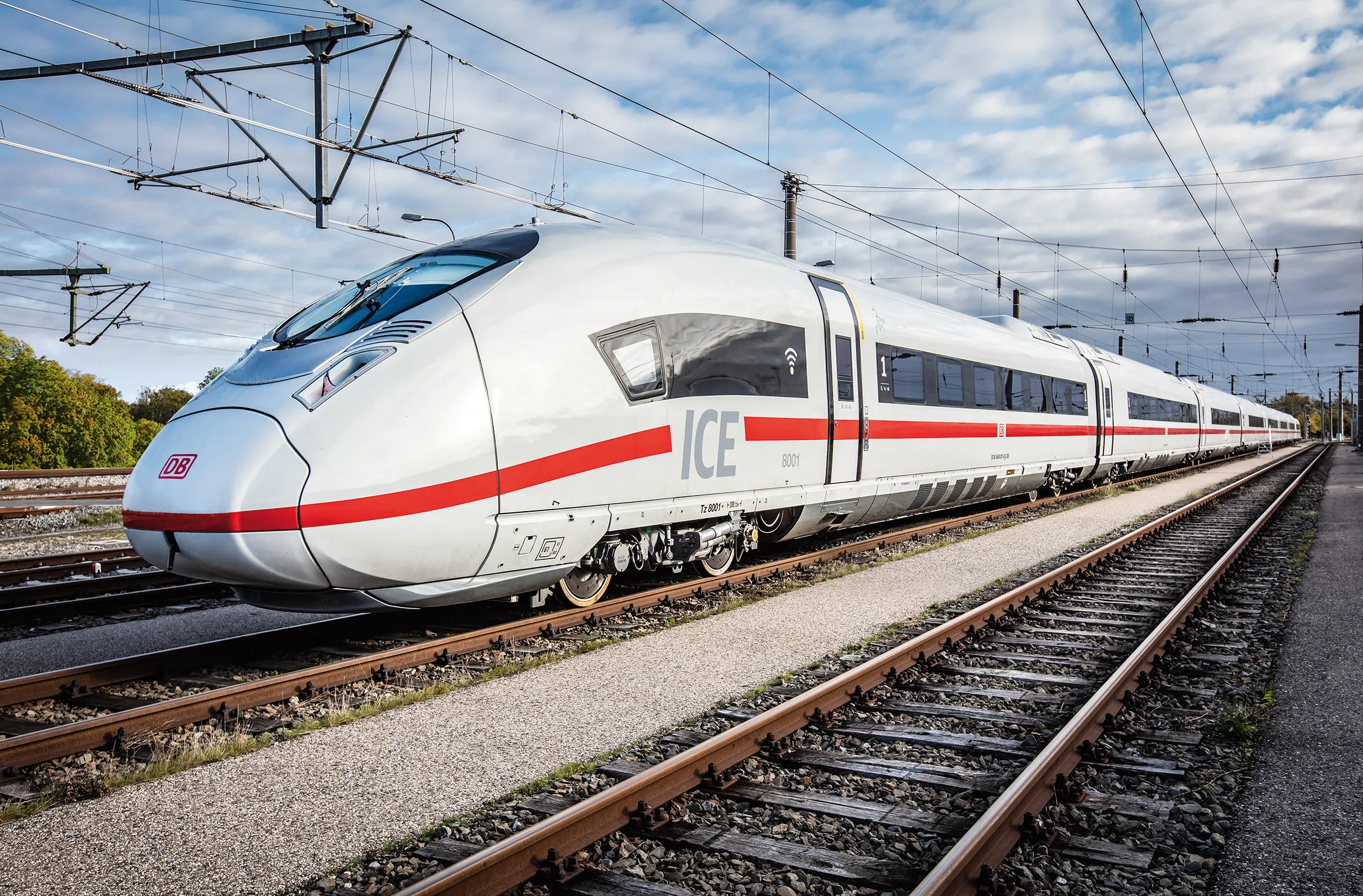Deutsche Bahn incurred billions in losses in the first six months of the year. Now the company wants to react – and cut tens of thousands of jobs over the next five years.

Financial crisis and job cuts
Deutsche Bahn, Germany’s national railway company and one of Europe’s largest transport operators, has incurred a staggering billion-euro loss in the first six months of 2024. In response to this financial crisis, the company is planning drastic measures, including cutting tens of thousands of jobs over the next five years.
The company reported a loss of 1.2 billion euros in the first half of 2024, citing strikes, extreme weather, construction sites, and weakening demand as key factors that significantly worsened the group’s results compared to the previous year. This loss is particularly alarming as Deutsche Bahn has been grappling with profitability issues for years, despite receiving substantial government subsidies. The company’s debt has been steadily growing, reaching approximately 30 billion euros in recent years, which has ignited debates about the sustainability of its current business model and the urgent need for structural reforms.
To address this dire financial situation, Deutsche Bahn’s Chief Financial Officer Levin Holle announced plans to eliminate around 30,000 full-time positions over the next five years. The job cuts will primarily target administrative roles, with about 1,500 positions slated for elimination this year alone. However, this massive downsizing comes at a critical time when Germany is facing a significant skilled labor shortage, particularly in the railway sector. There are concerns that this move could potentially exacerbate operational issues in the long term, especially given the company’s ambitious plans for extensive network renovations.
“In the future, we need to achieve more railway with fewer people,” Holle emphasized, pointing to digitalization and automation as key strategies for streamlining administrative processes.
Cautious optimism amid financial struggles
Despite the current losses, Railway CEO Richard Lutz remains cautiously optimistic. He expects the company to be back in the black operationally, i.e., before interest and taxes, by the end of the year. This expectation is based on advance payments made for numerous infrastructure investments last year and anticipated significant repayments from the federal government in 2024. However, revenue still saw a decline, standing at 22.31 billion euros, down three percent from the previous year.

External challenges and infrastructure vulnerabilities
The company’s poor performance can be attributed largely to external factors, according to Deutsche Bahn. CEO Lutz stated, “Extreme weather events on an unprecedented scale have pushed the already renovation-needy rail infrastructure to the limit of its performance capacity and exacerbated the operational and financial situation in passenger and freight transport.” He also cited strikes and incidents such as problems with the Rauheberg Tunnel as contributing factors.
The increasing frequency of extreme weather events has highlighted the vulnerability of Germany’s aging rail infrastructure. Deutsche Bahn has faced criticism for years of underinvestment in maintenance and modernization. The company’s ability to adapt to climate change impacts has now become a critical issue, as these events are expected to become more frequent and severe in the coming years.
Declining demand and punctuality issues
The challenging conditions have also impacted customer demand and punctuality. In the first six months of the year, 64.2 million travelers used long-distance trains, a six percent decrease compared to the first half of 2023. Punctuality in long-distance transport plummeted to 62.7 percent, far below the target rate of 70 percent. June was particularly problematic, with flooding, dam damage, and landslides affecting rail traffic in several regions. Ironically, despite these issues, June also marked the highest-revenue month in railway history due to increased travel during the European Football Championship.
Ambitious renovation plans
In response to these challenges, Deutsche Bahn has unveiled an ambitious plan to completely renovate its track network by 2030. This renovation plan, known as “Generalsanierung” (general renovation), represents a significant shift in the company’s maintenance strategy. Instead of piecemeal repairs, entire corridors will be completely overhauled and closed for months at a time. Maintenance and expansion work is planned on 40 heavily traveled route sections, covering around 4,000 kilometers. The project kicked off recently with the closure of the Riedbahn between Frankfurt am Main and Mannheim.
While this approach aims to address long-standing infrastructure issues, it is not without controversy. The extensive closures will cause significant disruptions to both passenger and freight traffic, potentially for years. Moreover, there are concerns about whether Deutsche Bahn has the capacity to manage such large-scale projects effectively, given its past issues with major infrastructure projects like Stuttgart 21.
Government support and future outlook
Federal Transport Minister Volker Wissing has emphasized the urgency of these renovations, stating, “We need to bring the network into a condition that meets the high demand in both passenger and freight transport as quickly as possible.” The federal government has provided financial resources and created the legal basis for the general renovation of the railway network. Now, the onus is on Deutsche Bahn to execute these plans effectively while navigating its current financial and operational challenges.
As Deutsche Bahn embarks on this critical period of restructuring and renovation, the company faces the daunting task of balancing short-term financial pressures with long-term infrastructure needs. The success of these efforts will be crucial not only for the company’s future but also for the broader goals of sustainable transportation and climate protection in Germany and Europe.









